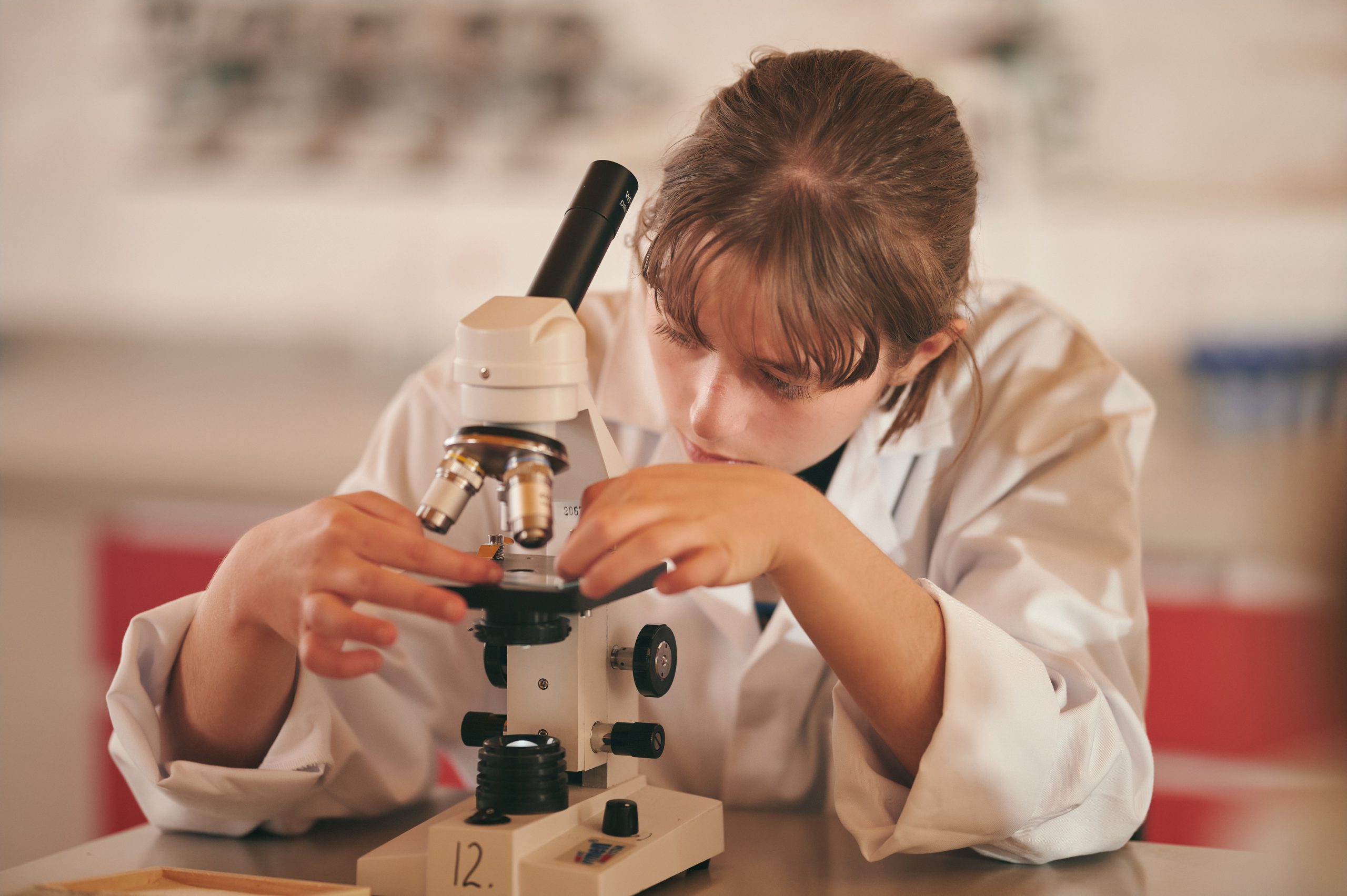Science
Overview
Science helps students develop a sense of wonder about the world around them, fosters an inquiring mind and equips them with the critical thinking skills to inform their own opinions.
The Science curriculum at Verita International School is underpinned by a commitment to making science relevant and practical for all students. Course units are developed around the international middle years curriculum (IMYC) for years 7 – 9, the Edexcel International General Certificate of Secondary Education (IGCSE) for years 10 and 11 and the International Baccalaureate diploma program (IB DP) for years 12 and 13.
Students from years 7 – 9 all study general science. That contains elements of all three major sciences, Biology, Chemistry and Physics. In years 10 and 11 students are obligated to take all three sciences, Biology, Chemistry and Physics, but these are given as separate lessons and are specialised for that field. In year 12 the students will choose at least one science, with the option of taking a second, and this subject will be hyper-specialised in that scientific field, the student will then have this same science in year 13.

Resources
Students access a wide range of scientific equipment, current texts, computer hardware and software to support and enhance their learning in science. Students also use their digital devices to digitally record practical activities and manipulate experiment results into tables, graphs and write scientific reports. Students will also have access to various scientific simulations to help them visualise difficult topics. The science faculty are committed to developing units of work that can be found in Google classroom (years 7 – 11) and managebac (years 12 – 13).
Our Science program guides students learning by taking an inquiry-based approach. Students in years 7 – 9 will focus more on a project-based assessment in order for them to learn the basic skills needed in science. In years 10 – 13 students focus more on an exam-style assessment with elements of project-based assessment included. Students that are exposed to experiential and inquiry-based learning are proven to be better problem solvers, more creative, and develop higher-level critical thinking skills. These attributes are essential for all students, in order to meet the needs and expectations of the 21st Century workforce and future careers.
Science Lab
and Equipment
Ready to send your child on
the learning adventure of a lifetime?
We develop your child’s talents, build friendly relationships in a safe environment, and make learning enjoyable. Verita is the best fit for you if you believe that your children are part of a generation that needs to be independent, creative and ready for a changing world.

